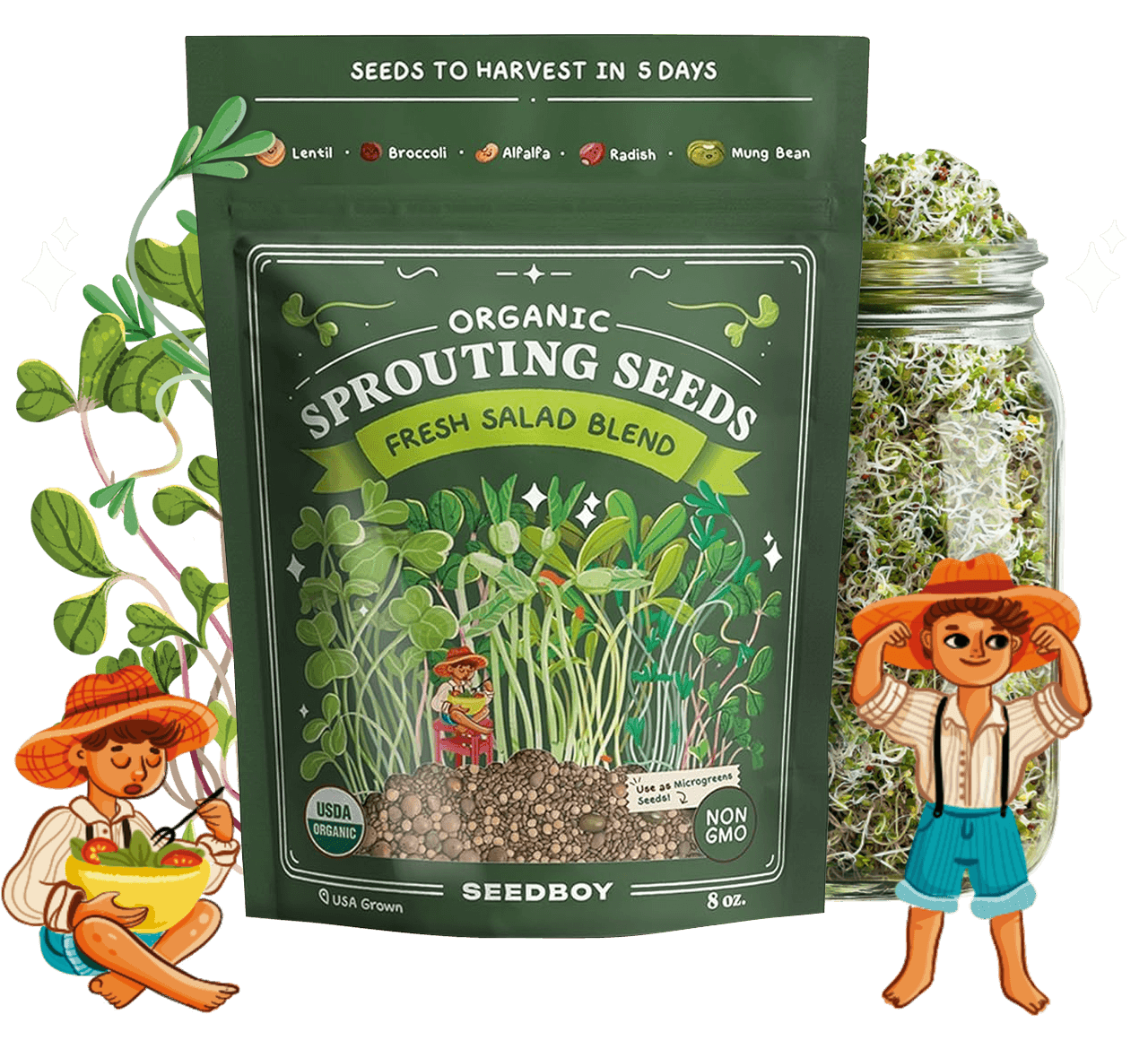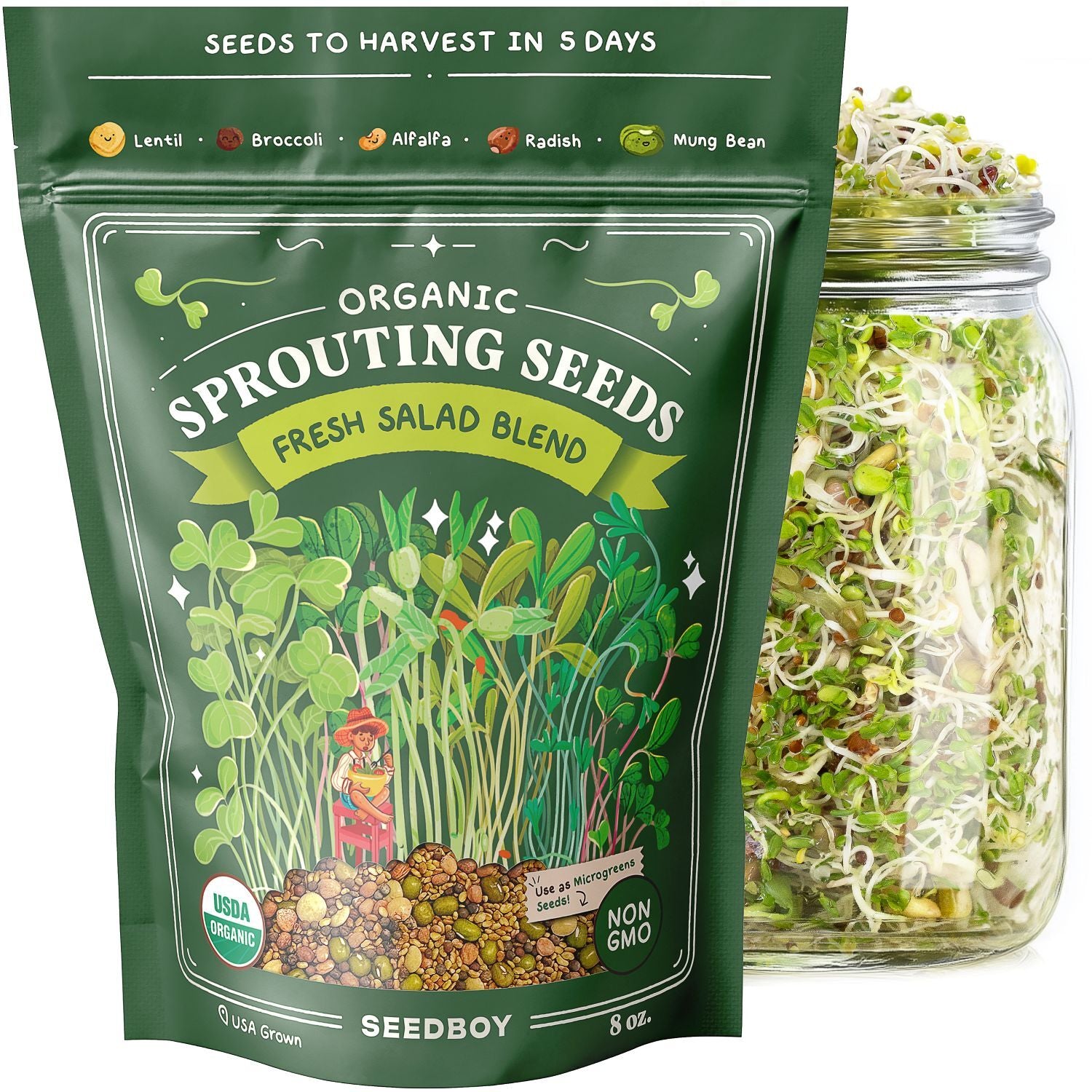
GROW GUIDE
Detroit Dark Red Beets
Beta vulgaris
Plant Description
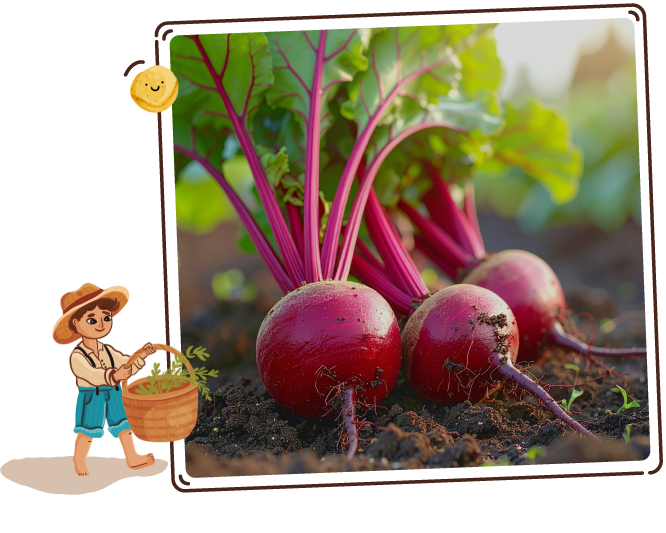
Detroit Dark Red Beets
A robust root vegetable recognized for its deep red, globe-shaped bulbs with smooth, firm skin.
This garden favorite, prized for its earthy-sweet flavor and tender texture, is a versatile addition to both fresh and cooked dishes, offering rich color and depth to any meal.
Quick Facts:
-

Sun Requirements
Full Sun
-
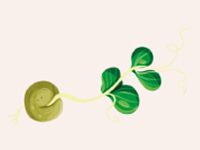
Days To Sprout
5-15 Days
-
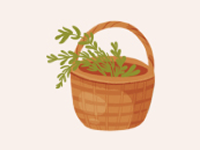
Days To Harvest
60-70 Days
-
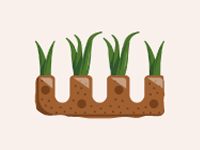
Plant Spacing
2-4"
-
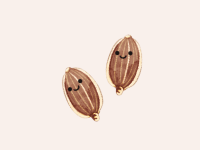
Seeds Per Hole
2
-

Planting Depth
1/2"
Best Planting Locations
-

Greenhouse
Provide a controlled environment that can extend the growing season.
-

Raised Beds
Ideal for preventing soil compaction and improving drainage.
-

Row Gardens
Ample space and full sun encourage uniform growth and high yields.
-

Containers
Deep pots with rich soil allow for flexible placement and easy harvesting.
Getting Started
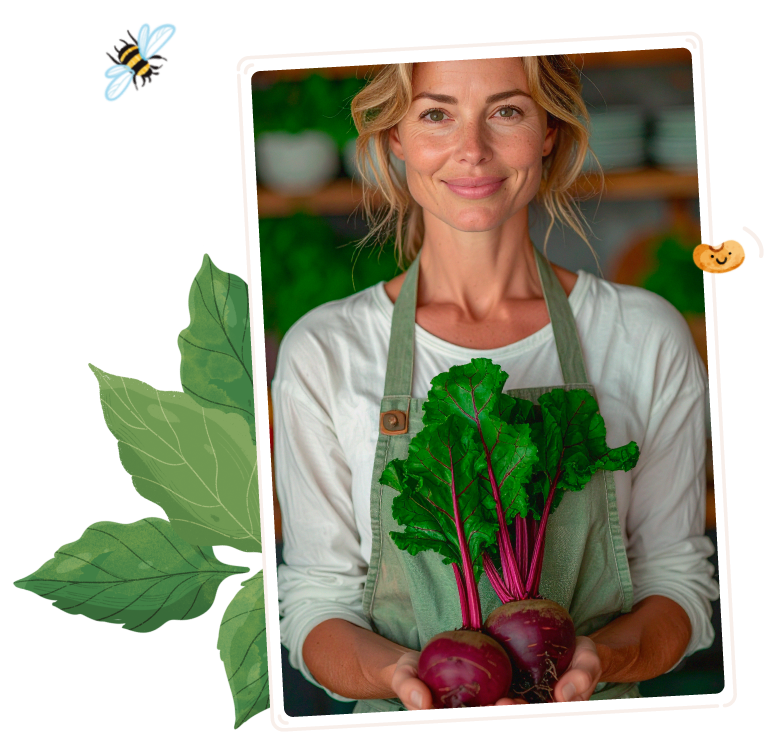
-
1
Find the Spot
Beets thrive in cool temperatures. Choose a spot with full sun, receiving at least 6 hours of sunlight daily. Avoid compacted soil to allow for proper root development.
-
2
Prep the Soil & Fertilizer
Use loose, well-draining soil with a neutral to slightly acidic pH. Beets benefit from compost-enriched soil to support root growth. Avoid high-nitrogen fertilizers, as they encourage leafy tops over robust roots.
-
3
Plant the Seeds
Plant 2 beet seeds or 1 seedling ½ inch deep in loose, moist soil. Keep the soil consistently damp for even germination.
Maintain a soil temperature of 50° to 75°F for optimal growth. Thin seedlings to 2–4 inches apart once they sprout to allow proper root development.
Good Neighbors:
-

Beans (Bush):
Bush beans add nitrogen to the soil, benefiting beet growth
-
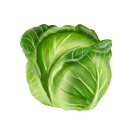
Cabbage:
Cabbage enriches the soil and improves overall garden health
-
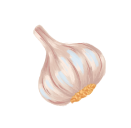
Garlic:
Garlic repels common beet pests like aphids, slugs, and armyworms with their strong scent
-
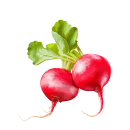
Radish:
Grow well alongside beets and helps loosen the soil
-
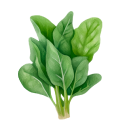
Spinach:
Spinach acts as living mulch and has similar growing requirements
Enemy Plants:
-
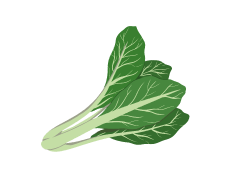
Mustard Greens:
Negatively impact beet development
-
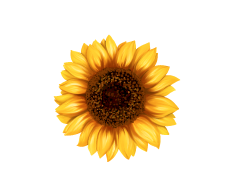
Sunflower:
Releases chemicals from their roots that inhibit beet growth
Attractants:
-
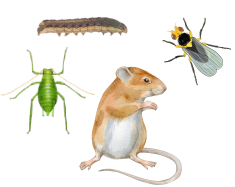
Aphids, Leaf Miners, Voles & Beet Army Worms:
Feed on beet plants
Repellents:
-
No known repellents
Best Time to Plant
USDA Hardiness Zones
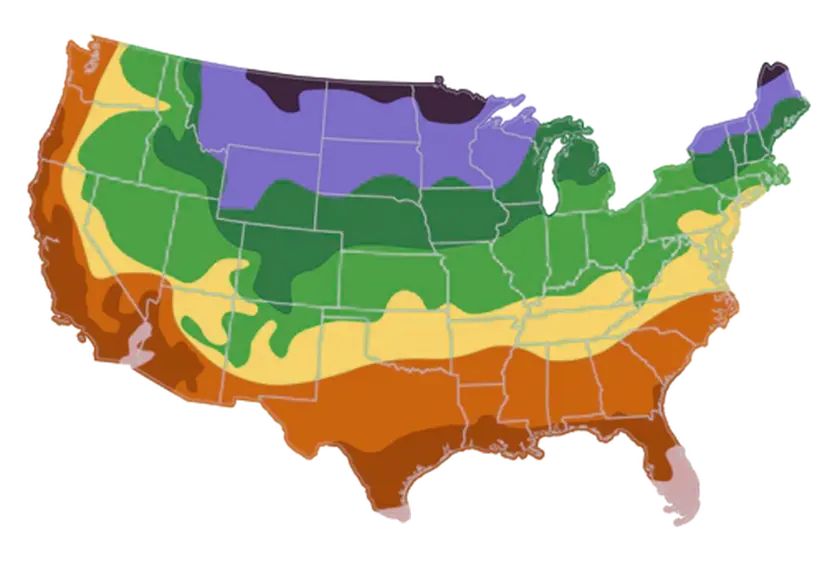
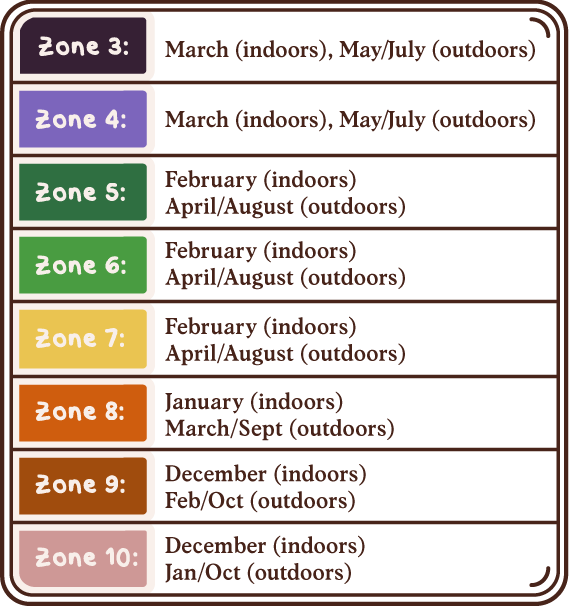
Day to Day Maintenance

-
Watering
Keep soil evenly moist but not soggy. Deep, consistent watering encourages strong root growth. Avoid overhead watering to prevent disease.
-
Thinning
Once seedlings reach 2–3 inches tall, thin them up to 4 inches apart. This prevents overcrowding and allows roots to develop fully.
The Harvest
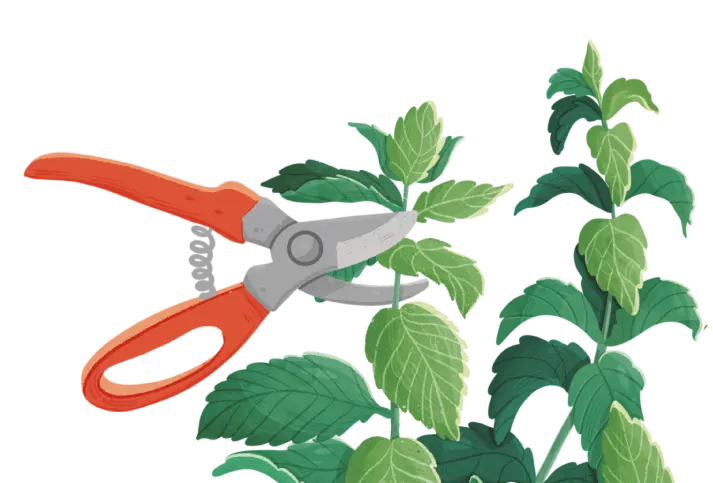
-
Gathering
Pull beets when roots reach about golf ball size (2-3" in diameter) for the best texture and flavor. Gently loosen the soil before lifting.
-
For tender greens, harvest beet leaves while young, cutting a few from each plant without damaging the root.
Favorite Uses
-
Salad
-
Soup
-
Pickling
-

Juices
-

Chips

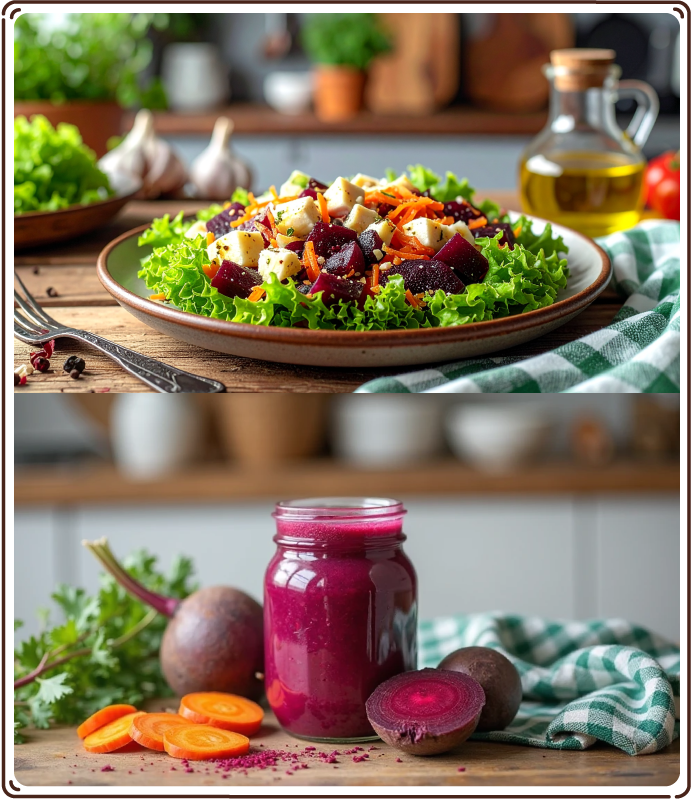
How to Store
-
Room Temperature
Duration: Several days
Location: Cool, dark place away from sunlight
Method: Store beets unwashed with the greens removed, leaving an inch of the stem to prevent moisture loss. Keep them in a breathable container like a basket or paper bag.
-

Refrigeration
Duration: 1-2 weeks
Location: Crisper drawer of refrigerator
Method: Place unwashed beets in a perforated plastic bag or wrapped in a damp cloth to maintain humidity. Keep greens separate and use them within a few days.
-

Freezing
Duration: Several months
Location: Store in the freezer
Method: Wash, peel, and cut beets into slices or cubes. Blanch in boiling water for 2–3 minutes, then transfer to ice water. Pat dry and freeze on a baking sheet before transferring to a freezer-safe bag or container.
-

Cellar Storage
Duration: Several months
Location: Root cellar or basement
Method: Store beets in a box filled with damp sand or sawdust, ensuring they don’t touch each other to prevent rotting. Keep at 32–40°F with high humidity.
Fun Facts

-
Nature's Dye
Detroit Dark Red beets have been used for centuries as a natural dye, giving fabrics, foods, and even cosmetics a vibrant crimson hue.
-
Nature's Superfood
Beets were a staple in ancient Greek and Roman diets, prized for their ability to boost strength and endurance.
-
Sweet Surprise
Beets contain the highest natural sugar content of any vegetable—they're so sweet, in fact, that they’re used in sugar production!
Subscribe to our Newsletter: "The Small Garden Chronicles"
Where curious growers gather for garden inspiration.
